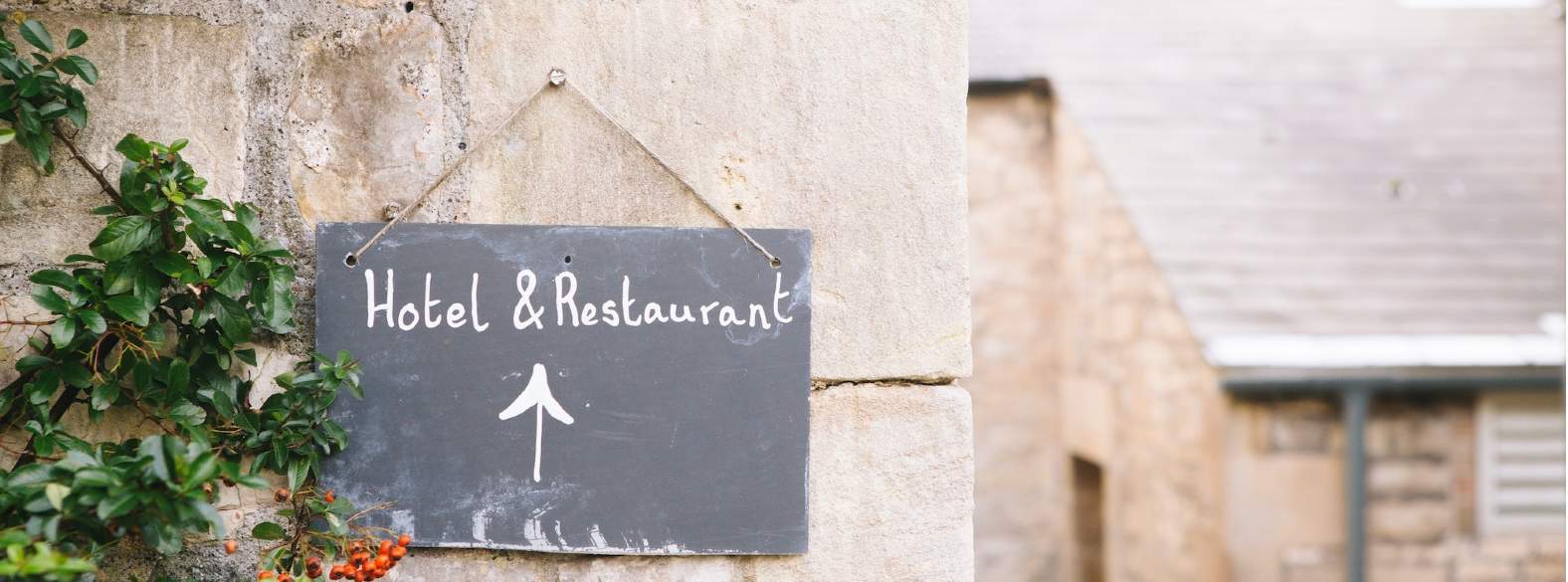With older age groups being among the first people to receive the Covid-19 vaccine, and now their booster jabs, it might have been expected that they would be the first to return to travel, particularly given that the hotel market has a significant following from ‘grey’ travellers (those aged over 65 and most likely retired).
As domestic travel reopened in June, and more widespread international travel returned in August (albeit it with rules such as testing, passenger locator forms and quarantine), the initial thought of the hotel and tourist industries was that the older age groups would be the first to pack their bags. However, this has proved not to be the case.
Millennials (people born between 1981 and 1996) and Gen Z (people born between 1997 and 2012), despite being the last age groups to be vaccinated, have appeared to be the most keen to travel: according to a YouGov tourism survey 2021, 55 per cent of Millennials will be travelling internationally in the next 12 months. In contrast, of the silent generation (people born between 1928 and 1945), only 10 per cent said they would travel internationally and 12 per cent domestically in the next 12 months. This is a significant 43 per cent difference between the two generations.
Travel at this time of year lends itself to those who aren't bound by school or university holidays and have the flexibility to book during the quieter off-peak months. Lower prices are also more attractive to younger generations, further fueling the travel drive from this demographic. Coupled with the Government’s easing of travel restrictions, this could be instrumental in helping recovery, with demand – and prices – rising for trips to Portugal, the Canary Islands, Greece, Cyprus and destinations further afield including Mauritius and the Caribbean.
But what does this mean for UK hotels as we approach the end of the year?
The faster recovery in demand among younger travellers is also likely to have a bearing on UK hotels over the final two months of this year and into next. While the summer staycation boom was driven by families, the pandemic has resulted in domestic trips also growing in appeal for Millennials and Gen Z. However, what we are seeing is a difference in accommodation preferences for these age groups, with a greater use of self-catering and Airbnb accommodation. This means that we may see a slowdown in recovery within the regional hotel market, as the sector tries to gain appeal with this demographic.
The travel sector and hotels market still has some way to go before a full recovery, but what’s clear is that the younger generations will certainly have their part to play.
Further information
Real Estate Insights Podcast: What’s the outlook for the regional hotel market?


.jpg)


.jpg)
.jpg)



